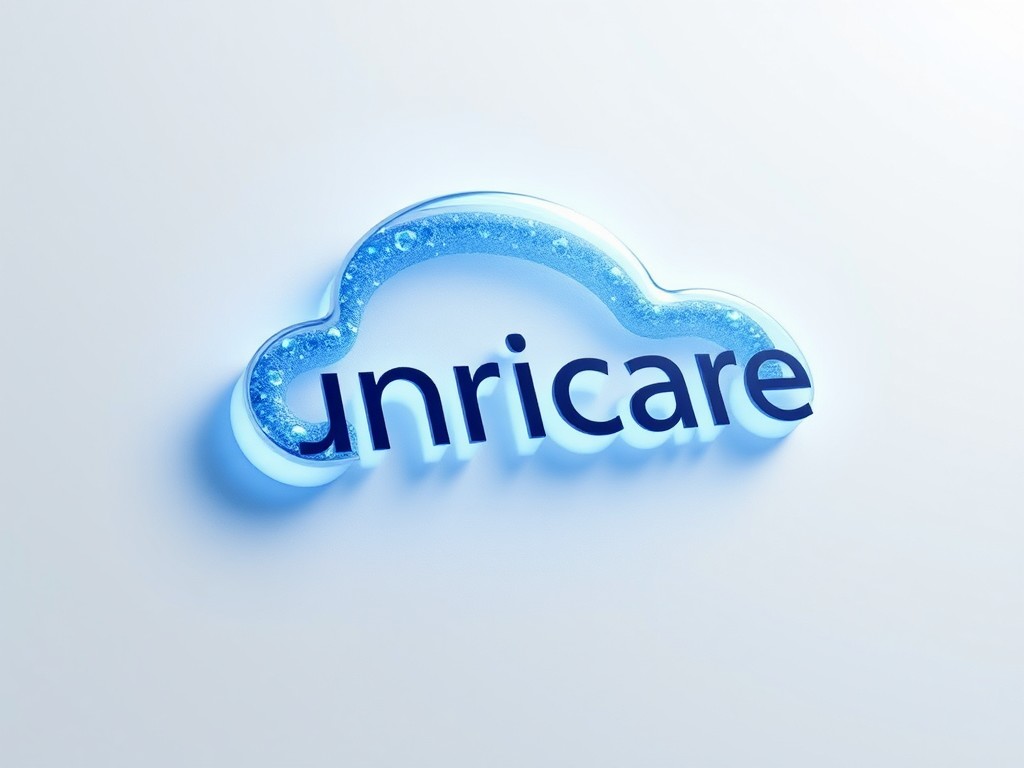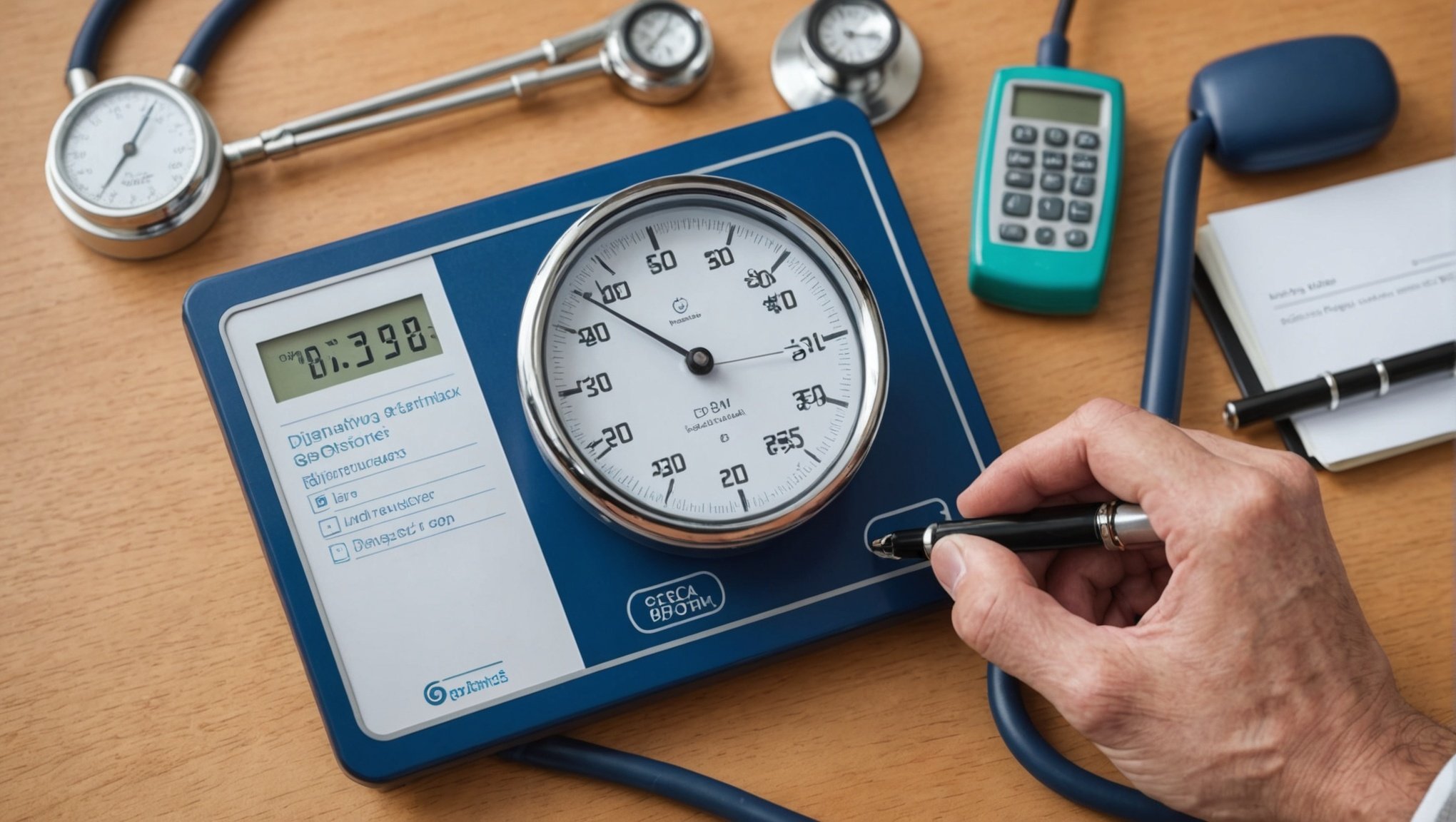Gestational hypertension affects many expectant mothers, yet understanding its diagnosis can be complex. This condition, often overlooked, requires specific criteria to ensure accurate identification and management. Clarity on these standards is essential for healthcare providers and patients alike. By exploring the key diagnostic criteria for gestational hypertension in the UK, this discussion aims to empower caregivers with knowledge, ultimately fostering better outcomes for mothers and their babies.
Understanding Gestational Hypertension
Understanding the complexities of gestational hypertension is crucial for ensuring the well-being of both mother and child. This condition, characterized by elevated blood pressure during pregnancy, requires careful monitoring and management. It is distinct from chronic hypertension, as it develops after 20 weeks of gestation in women who previously had normal blood pressure.
Also read : Essential Guidelines and Tips for Expecting Mothers on Air Travel with UK Airlines
Definition and Overview of Gestational Hypertension
Gestational hypertension is a condition that manifests with high blood pressure and can lead to serious complications if not accurately diagnosed. In the UK, hypertension guidelines provide a framework for identifying and managing this condition effectively. These guidelines emphasize the importance of regular blood pressure monitoring and timely intervention to prevent adverse outcomes.
Importance of Accurate Diagnosis
Accurate diagnosis of gestational hypertension is vital for maternal and fetal health. Misdiagnosis or delayed diagnosis can increase the risk of complications such as preeclampsia, which can have severe consequences. Healthcare professionals in the UK rely on specific diagnosis criteria to differentiate gestational hypertension from other hypertensive disorders in pregnancy.
Additional reading : Essential Guidelines for Tracking Iron Levels in Expecting Mothers at UK Hospitals: A Comprehensive Overview
- Timely identification of symptoms
- Regular monitoring of blood pressure
- Adherence to UK hypertension guidelines
Current Statistics and Prevalence in the UK
In the UK, gestational hypertension affects approximately 6-8% of pregnancies, highlighting its prevalence and the need for awareness. According to recent statistics, the condition's impact varies across different regions, with some areas reporting higher rates. Understanding these patterns helps in allocating healthcare resources effectively and tailoring interventions to meet local needs.
Diagnostic Criteria for Gestational Hypertension
Understanding the diagnostic criteria for gestational hypertension is essential for effective management and care. This section delves into the critical components that healthcare professionals consider when diagnosing this condition.
Blood Pressure Thresholds
Blood pressure thresholds are pivotal in determining gestational hypertension. Typically, a blood pressure measurement of 140/90 mmHg or higher, recorded on two separate occasions at least four hours apart, is indicative of this condition. These thresholds serve as a guideline for clinicians to identify elevated blood pressure levels that may pose risks to the mother and baby.
Timeframe for Diagnosis
The timeframe for diagnosing gestational hypertension is crucial. It is diagnosed when elevated blood pressure occurs after 20 weeks of gestation in women who previously had normal blood pressure. This specific period helps differentiate it from chronic hypertension, which is present before pregnancy or before 20 weeks of gestation. Accurate timing ensures that appropriate interventions are implemented promptly.
Diagnostic Tools and Methods
In clinical settings, various diagnostic tools and methods are employed to ensure precise assessment. These include:
- Blood pressure measurement techniques: Utilizing automated cuffs or manual sphygmomanometers to obtain accurate readings.
- Clinical guidelines: Following established protocols to ensure consistency and accuracy in diagnosis.
- Patient history evaluation: Considering the patient's medical history to rule out other hypertensive disorders.
These tools and methods are integral to maintaining the reliability of the diagnostic process, ensuring that gestational hypertension is identified and managed effectively.
Guidelines and Protocols in the UK
In the UK, healthcare protocols play a pivotal role in the management of gestational hypertension, ensuring both mother and child receive optimal care. The National Institute for Health and Care Excellence (NICE) guidelines provide a comprehensive framework that healthcare professionals follow to maintain high standards in prenatal care.
Overview of NICE Guidelines
The NICE guidelines are central to the UK's approach to hypertension management during pregnancy. These guidelines offer detailed recommendations on monitoring blood pressure, identifying risk factors, and implementing timely interventions. They are designed to ensure consistency and accuracy in diagnosis and treatment, reducing the risk of complications.
Recommended Practices for Healthcare Professionals
Healthcare professionals are encouraged to integrate NICE guidelines into their routine prenatal care practices. This includes regular blood pressure checks, patient education on recognizing symptoms, and employing standardized diagnostic tools. By adhering to these protocols, medical practitioners can effectively manage gestational hypertension.
- Routine blood pressure monitoring
- Patient education and awareness
- Standardized diagnostic tools
Integration of Guidelines into Routine Prenatal Care
Integrating these guidelines into routine prenatal care involves a systematic approach. Clinics are advised to establish protocols that align with NICE guidelines, ensuring all staff are trained and familiar with the latest practices in hypertension management. This integration helps in maintaining a high level of care and improving health outcomes for pregnant women.
By following these structured UK healthcare protocols, the management of gestational hypertension becomes more efficient, ultimately safeguarding maternal and fetal health.
Risk Factors Associated with Gestational Hypertension
Understanding and managing risk factors is crucial in addressing gestational hypertension effectively. These factors significantly influence maternal health and can guide preventive strategies.
Common Risk Factors Contributing to Gestational Hypertension
Several risk factors are commonly associated with the development of gestational hypertension. These include advanced maternal age, obesity, and a family history of hypertension. Women with these risk factors should be monitored closely, as they have a higher likelihood of developing this condition during pregnancy.
Impact of Pre-existing Conditions on Diagnosis
Pre-existing conditions, such as chronic hypertension and diabetes, can complicate the diagnosis of gestational hypertension. These conditions may mask or exacerbate symptoms, making it challenging to distinguish gestational hypertension from other hypertensive disorders. Therefore, healthcare providers must carefully evaluate each patient's medical history to ensure accurate diagnosis and management.
Lifestyle Modifications to Reduce Risk
Adopting specific lifestyle modifications can significantly reduce the risk of gestational hypertension. These modifications include maintaining a healthy diet, engaging in regular physical activity, and managing stress levels. Such changes not only benefit maternal health but also contribute to better pregnancy outcomes.
- Healthy diet: Emphasizing fruits, vegetables, and whole grains
- Regular exercise: Engaging in moderate-intensity activities
- Stress management: Practicing relaxation techniques
By focusing on these risk factors and implementing appropriate lifestyle changes, women can take proactive steps to safeguard their health during pregnancy.
Symptoms and Complications of Gestational Hypertension
Understanding the symptoms and complications associated with gestational hypertension is crucial for timely intervention and management. This section explores the indicators and potential health risks for both mother and baby.
Recognizing Symptoms
Identifying the symptoms of gestational hypertension early can significantly mitigate health risks. Common indicators include persistent headaches, visual disturbances, and swelling in the hands and face. Pregnant women experiencing these symptoms should seek immediate medical evaluation to prevent further complications.
- Persistent headaches
- Visual disturbances
- Swelling in hands and face
Potential Complications for Mother and Baby
Gestational hypertension can lead to serious complications if not properly managed. For the mother, risks include preeclampsia and potential organ damage. For the baby, it may result in growth restrictions or preterm birth. Understanding these risks helps healthcare providers implement effective monitoring and treatment strategies to safeguard both mother and child.
| Complication | Mother | Baby |
|---|---|---|
| Preeclampsia | Yes | No |
| Organ damage | Yes | No |
| Growth restriction | No | Yes |
| Preterm birth | No | Yes |
Long-term Health Implications
The long-term health implications of gestational hypertension extend beyond pregnancy. Women who experience this condition are at an increased risk of developing chronic hypertension and cardiovascular diseases later in life. Postpartum monitoring and lifestyle changes are recommended to manage these risks effectively and promote long-term health.
Recognizing the symptoms and understanding the potential complications of gestational hypertension empowers women to take proactive steps in their healthcare journey, ensuring both immediate and long-term well-being.
Treatment Options and Management Strategies
Navigating the complexities of gestational hypertension requires a comprehensive approach to treatment and management. Understanding the available options is crucial for ensuring the health and safety of both mother and child.
Overview of Pharmacological Treatments
Pharmacological treatments are a cornerstone in managing gestational hypertension. In the UK, several medications are prescribed to help control high blood pressure during pregnancy. Commonly used medications include labetalol, methyldopa, and nifedipine. These drugs are selected based on their efficacy and safety profile for both the mother and the developing fetus.
- Labetalol: Often the first-line treatment due to its effectiveness and safety.
- Methyldopa: Preferred for long-term management, with a well-established safety record.
- Nifedipine: Used in cases where rapid blood pressure control is necessary.
Non-pharmacological Management Strategies
In addition to medications, non-pharmacological strategies play a vital role in managing gestational hypertension. These approaches focus on lifestyle modifications and supportive care to enhance overall well-being.
- Dietary changes: Emphasizing a balanced diet rich in fruits, vegetables, and low in sodium can help manage blood pressure levels.
- Physical activity: Engaging in regular, moderate exercise is encouraged to maintain cardiovascular health.
- Stress reduction: Techniques such as yoga and meditation can be beneficial in reducing stress-related blood pressure increases.
Importance of Monitoring and Follow-up Care
Consistent monitoring and follow-up care are essential in the management of gestational hypertension. Regular check-ups allow healthcare providers to assess the effectiveness of treatment options and adjust management strategies as needed.
- Blood pressure monitoring: Frequent checks help ensure that blood pressure remains within a safe range.
- Ultrasound assessments: Regular scans monitor fetal growth and development, ensuring any complications are promptly addressed.
- Postpartum care: Continued monitoring after delivery is crucial, as some women may develop chronic hypertension.
By integrating both pharmacological and non-pharmacological management strategies, and maintaining diligent follow-up care, healthcare providers can effectively manage gestational hypertension, promoting positive outcomes for both mother and baby.
Case Studies and Expert Opinions
Exploring real-world scenarios and insights from healthcare professionals provides a deeper understanding of gestational hypertension management. These examples highlight best practices and emerging trends in the field.
Presentation of Relevant Case Studies
In UK healthcare settings, several case studies illustrate successful management strategies for gestational hypertension. For instance, a study conducted in a London hospital demonstrated the effectiveness of integrating NICE guidelines with personalized care plans. This approach resulted in improved maternal and fetal outcomes, emphasizing the importance of tailored interventions.
- Case Study 1: A 32-year-old woman with advanced maternal age successfully managed gestational hypertension through a combination of medication and lifestyle changes.
- Case Study 2: A patient with a family history of hypertension experienced reduced symptoms after implementing stress management techniques alongside pharmacological treatment.
Insights from Healthcare Professionals
Healthcare professionals offer valuable insights into best practices for managing gestational hypertension. Dr. Sarah Thompson, a leading obstetrician, notes, "Early diagnosis and consistent monitoring are key to preventing complications." Her emphasis on regular blood pressure checks aligns with the NICE guidelines, ensuring timely interventions.
- Expert Insight 1: Regular patient education on symptom recognition can empower women to seek timely medical attention.
- Expert Insight 2: Collaboration between obstetricians and cardiologists enhances comprehensive care for patients with complex cases.
Discussion on Evolving Research and Future Directions
The field of gestational hypertension is continuously evolving, with ongoing research focusing on improving diagnostic accuracy and treatment options. Recent studies suggest that advancements in diagnostic tools could lead to earlier detection and more personalized treatment plans. Future research aims to explore genetic markers that may predict susceptibility to gestational hypertension, potentially transforming preventive strategies.
| Research Focus | Potential Impact |
|---|---|
| Advanced diagnostic tools | Earlier detection and intervention |
| Genetic markers | Personalized prevention strategies |
| Pharmacological innovations | Enhanced safety and efficacy of drugs |
By examining these case studies and incorporating expert insights, healthcare providers can adapt to new findings and improve the management of gestational hypertension, ultimately enhancing patient care.
Resources for Healthcare Professionals and Patients
Navigating gestational hypertension requires access to reliable resources for both healthcare professionals and patients. These tools can provide essential support and guidance.
List of Reputable Resources for Further Reading
For healthcare professionals seeking to expand their understanding, several reputable resources offer in-depth information on gestational hypertension. These include clinical guidelines, medical journals, and expert-authored articles. By consulting these sources, professionals can stay informed about the latest research and management strategies.
- NICE Guidelines: Comprehensive protocols that outline best practices for diagnosis and management.
- British Medical Journal (BMJ): Articles and studies focusing on hypertension in pregnancy.
- Royal College of Obstetricians and Gynaecologists: Resources and recommendations for prenatal care.
Educational Materials for Expectant Mothers
Expectant mothers benefit from educational materials that explain gestational hypertension in clear, understandable terms. These materials empower patients to recognize symptoms and engage in proactive health management. Resources such as brochures, pamphlets, and online articles are widely available.
- Brochures: Simple guides on managing blood pressure during pregnancy.
- Pamphlets: Quick-reference materials highlighting key symptoms and lifestyle tips.
- Online Articles: Accessible information on gestational hypertension and its implications.
Support Networks and Organizations for Affected Individuals
Support networks and organizations play a crucial role in assisting individuals affected by gestational hypertension. These groups provide emotional support, share experiences, and offer resources for managing the condition. Engaging with these networks can be invaluable for both patients and their families.
- Pregnancy Sickness Support: Offers advice and support for managing pregnancy-related conditions.
- Hypertension UK: Provides information and support specifically focused on hypertension.
- Maternity Action: Advocates for maternal health and offers guidance on pregnancy-related issues.
By leveraging these resources, healthcare professionals and patients can enhance their understanding and management of gestational hypertension, leading to improved outcomes and support throughout the pregnancy journey.











